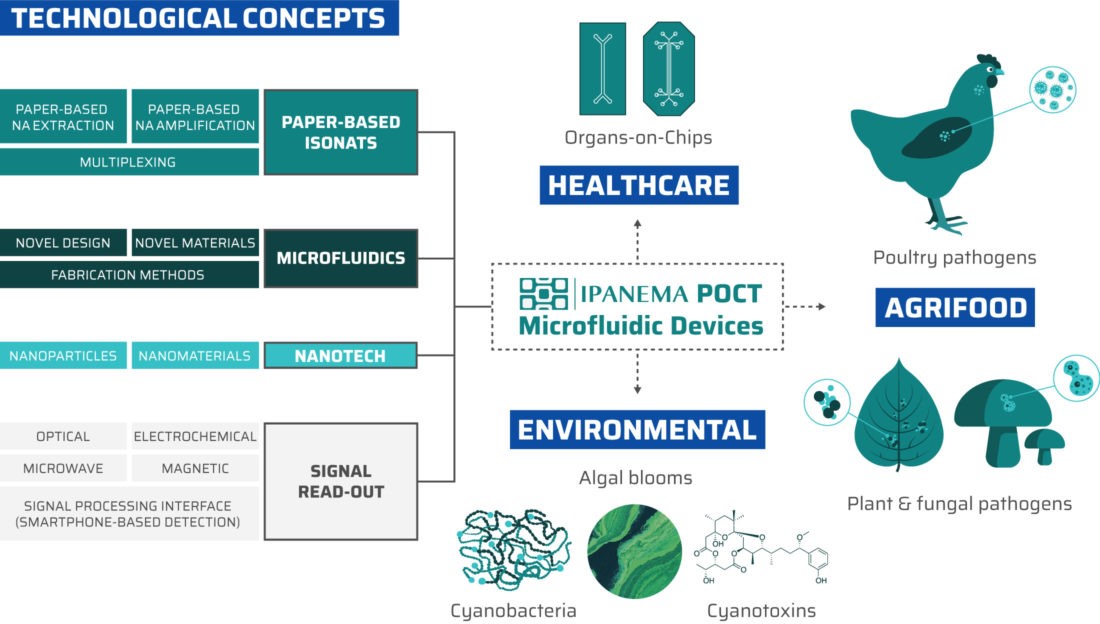Biomolecular engineering
Biomolecules, including DNA, RNA, proteins, peptides and the constellation of small molecules made by cells, are the molecules that fuel life. Biomolecular engineering (BME) is the analysis and engineering of these living systems. BME research uses techniques from synthetic biology, systems biology, biomedical research and biotechnology, biochemistry and biophysics of biological systems and cell biology to quantify and manipulate the structure and function of molecules and macromolecular assemblies for potential applications in:
· Biotechnology: Biosensing and bioanalytical devices, microfluidics-enabled cell culture technologies, (e.g. organ-on-a-chip), development and application of novel molecular tools (applicable for food safety evaluation)
· Fundamental processes of living systems: host pathogen interactions, cellular and subcellular organization, regulation and control of biological networks
· Human and animal disease: design and engineering of diagnostic methodologies, cell and tissue engineering, delivery of therapeutics
In addition, BME research efforts include interdisciplinary activities, such as materials science and nano- and microelectronics, as well as computer science and applied mathematics.
In that sense, BME is a very good example of the close multidisciplinary collaboration between the Center for Biosystems and the two other centers in BioSense Institute: Center for sensing technologies and Center for information technologies.
Projects:
H2020 MSCA-RISE IPANEMA GA 872662 – Integration of PAper-based Nucleic acid testing mEthods into Microfluidic devices for improved biosensing Applications
